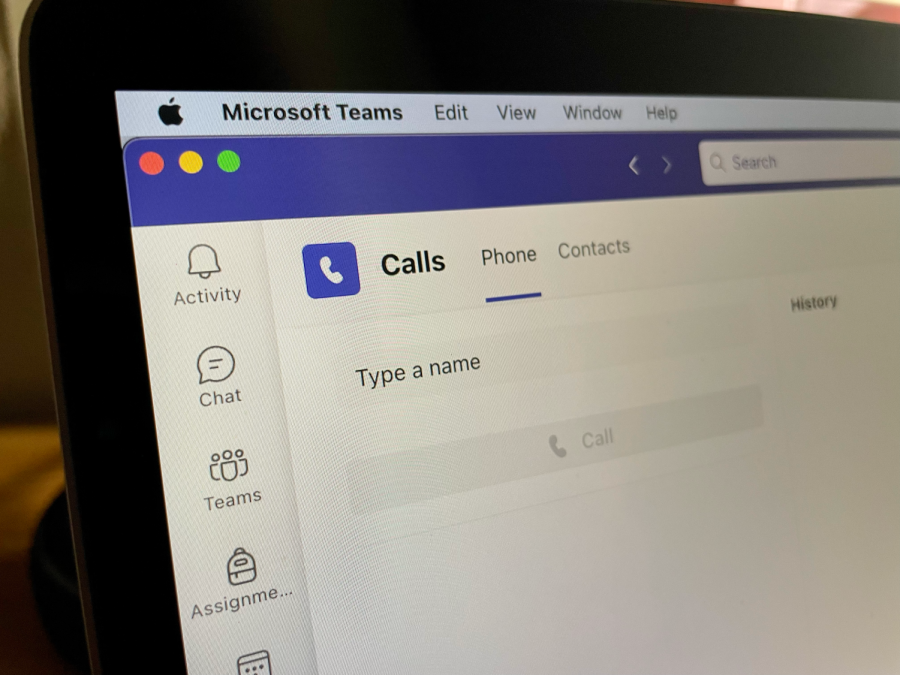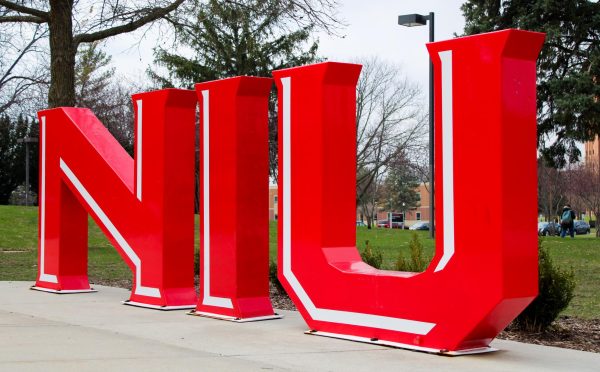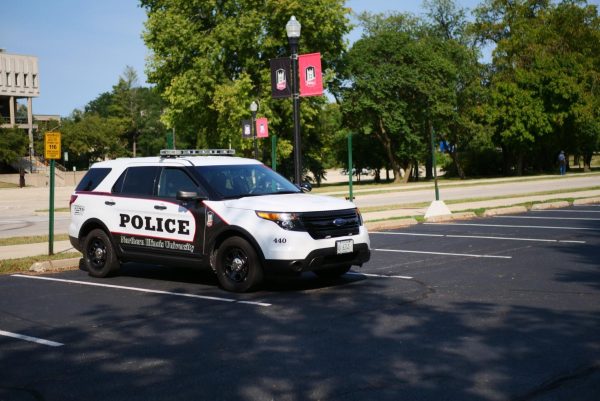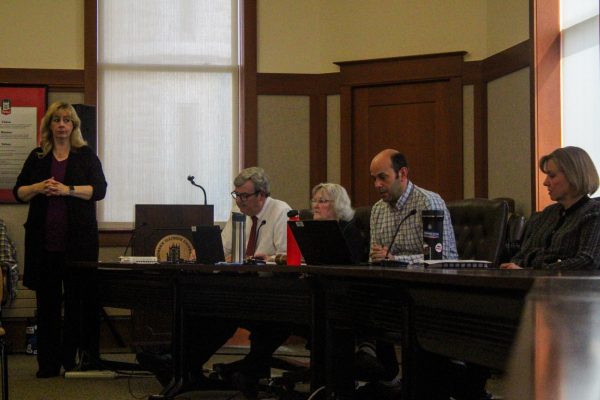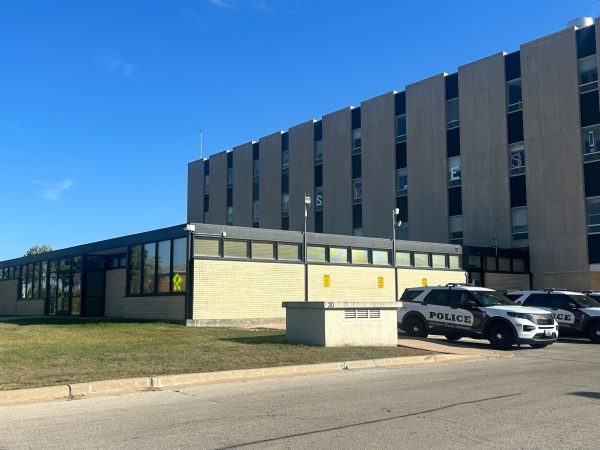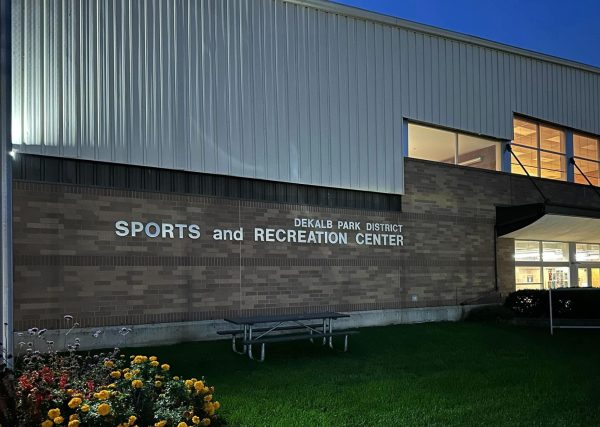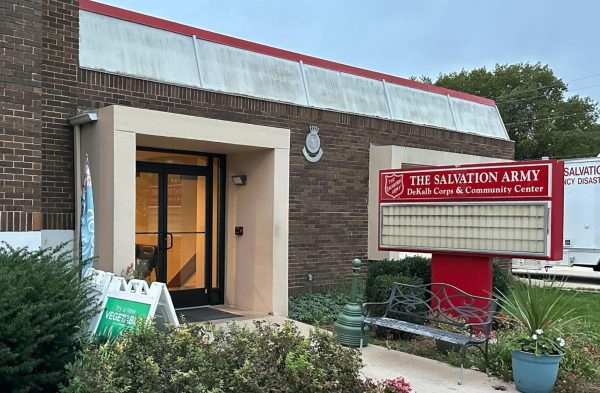Goodbye telephones, hello Microsoft Teams Voice
The implementation of Microsoft Teams Voice at NIU aims to resolve the issue of the antiquated legacy phone system by promoting efficiency and convenience for the faculty and students.
NIU will be replacing the legacy phone system on campus with Microsoft Teams Voice later this year.
The legacy phone system, which was installed over 35 years ago, has supported NIU’s communication needs for decades. However, the current phone switch – the device that connects calls to each other in a given area – is no longer manufactured or under warranty, meaning that support for this older technology is more difficult to find.
The implementation of Microsoft Teams Voice at NIU aims to resolve the issue of the antiquated legacy phone system by promoting efficiency and convenience for the faculty and students. According to the Division of Information Technology, Microsoft’s system “provides modern calling options such as voicemail to email, call history, call blocking, call transferring, call forwarding, and much more.”
Microsoft Teams Voice will also allow for calls to take place on and off campus and can be used on a multitude of devices from computers to personal phones. This allows for more versatility when communicating than the legacy phone system, which could only take calls on campus. Another benefit to the implementation of Microsoft Teams Voice is that it is estimated to reduce the $2 million operating and support expenses by approximately $400,000.
“The primary focus that we’re concerned with right now is ensuring that our emergency calling works,” said John Kearsing, adjunct professor of operations management and information systems. “It’s looking like it’s going to work even better than it works now because when calling from a computer or mobile device with location information, you have a lot more options.”
The transition from the old phone system to Microsoft Teams Voice aims to give the improved communication options, such as the voicemail to email and call history, to faculty and students. This is in hopes that the faculty and students will be able to converse with one another more efficiently than with the legacy phone system.
“Generally speaking, talking about my habits, I rarely use the phone on campus. The majority of the communicating I think we do is through Teams, Zoom, email based. Even with students, most students don’t place phone calls,” said Andrea Guzman, associate professor of communication. “I think moving to systems where you can communicate in multiple modalities, like text, the voicemail transcription that can be emailed to you, that gives you a little more leeway and can deliver information faster and more efficiently, can be a real positive as well.”
Although the implementation of Microsoft Teams Voice is supposed to impact faculty and students beneficially, as of now it is unclear as to how much it will truly impact students. When asked how he thinks the change to Microsoft Teams Voice will impact students, graduate law student and digital marketing graduate assistant Sam Serpe said, “As a student, I really don’t use the phones, at least not as much as someone in the department does.” Despite this, he said he still hopes that it will allow for more efficiency for everyone.
Teams Voice only be implemented for single line phones before department lines are transitioned. According to Kearsing, the transition to Microsoft Teams Voice has already begun and will last until spring semester begins.


